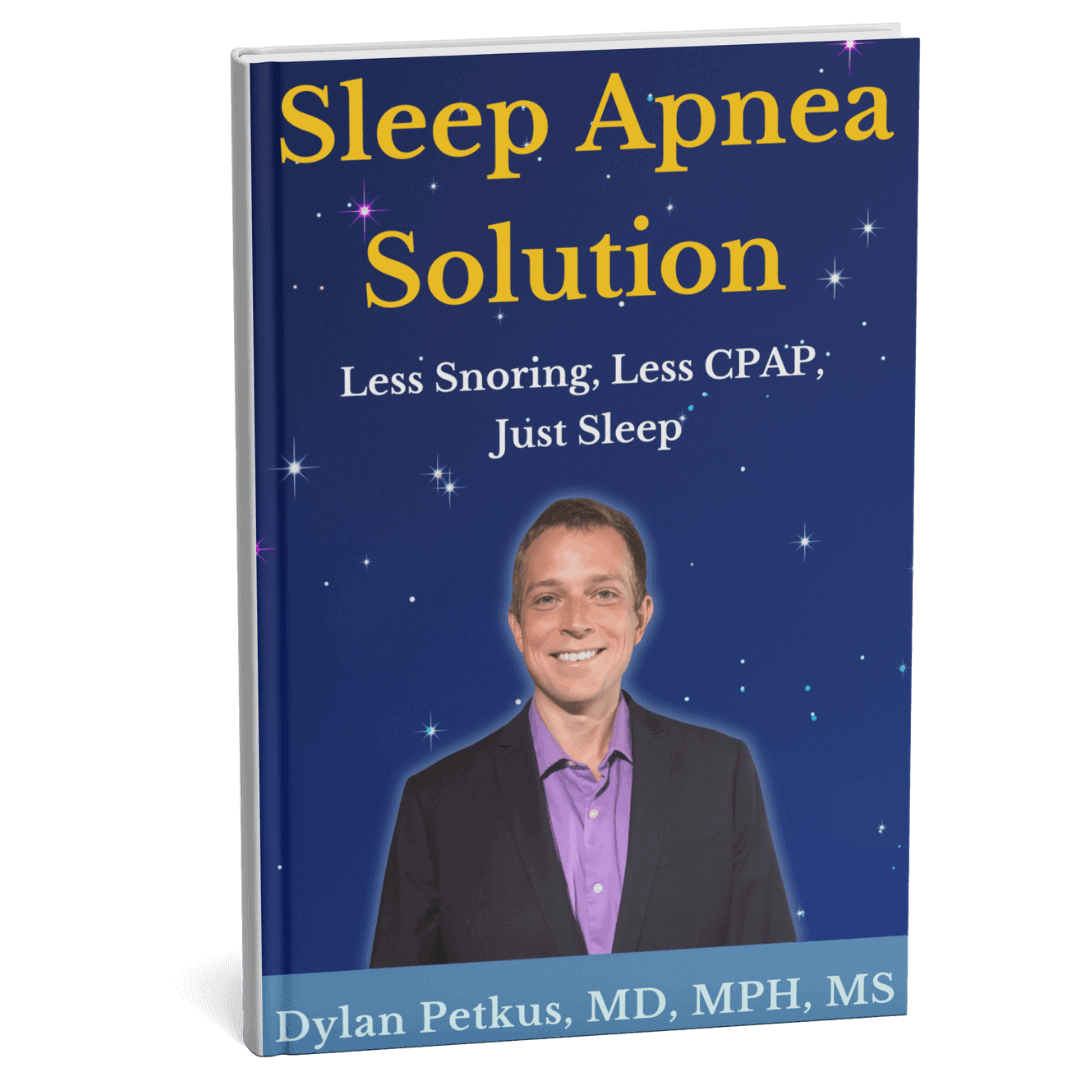Finding natural remedies for sleep apnea can be transformative, especially for sufferers who have long been reliant on medications and devices like a CPAP or had assumed that surgical interventions were the only potential way to promote restful, restorative sleep.
Although there are different types of sleep apnea and underlying medical factors that could mean some natural options are more or less effective, many people can introduce changes like a balanced diet, enhanced sleep hygiene routines, and beneficial breathing techniques as part of their sleep apnea approach.
Today, we’ll summarize some of the natural options that may be helpful, with insights into the mouth and throat exercises for sleep apnea that can significantly affect your natural nighttime breathing.
What Is the Benefit of Natural Sleep Apnea Approaches?
Holistic, gentle, and noninvasive approaches are often desirable. They enable people to work on their sleep habits and environment and either lower their reliance on medications or optimize the effectiveness of treatments recommended by their physicians. Making positive lifestyle changes, learning about healthy sleep habits, and adjusting your nutrition to introduce foods that promote lower inflammation and stress levels can all have an impact.
If you decide to add natural supplements to your regime, it is advisable to consult your healthcare provider first, particularly if your sleep apnea is linked to an underlying health condition. This can also help you make changes gradually and sustainably with appropriate supervision.

Natural Ways to Help Overcome Sleep Apnea
As we’ve noted, the right choices may depend on your current lifestyle, the intensity of your sleep apnea symptoms, and the areas where you can make changes, but the below may be advantageous.
Creating an Ideal Sleep Environment
If you’ve not tried sleeping with a wedged or elevated pillow or changing your sleeping position, this can help augment the natural airflow as you breathe or relieve pressure on your airways that exacerbates your sleep apnea. It’s also important to ensure you have a comfortable bedroom that isn’t too hot or cold, shut out light or noises that can disturb your sleep, and try to stick to the same schedule so you develop a natural sleep cycle.
Boosting Sleep Quality Through Nutrition
Steering clear of fatty, oily, and heavy meals close to your planned bedtime and adding more nutritious and protein-rich foods to your meals and snacks can naturally build your ability to relax.
Likewise, stimulants and sedatives like alcohol and caffeine have long been known to disrupt normal sleep, and either restricting these aspects of your dietary intake to earlier in the day or removing ingredients that can interfere with your rest may be wise. While a healthier, balanced diet may not immediately change your sleep apnea symptoms, substances that relax your muscles can aggravate the restrictions in your airway that cause the pauses in breathing characteristic of sleep apnea.
Learning Breathing and Relaxation Techniques
Stress and sleep apnea are very commonly connected, with ongoing and more severe sleep apnea also thought to be linked to anxiety, stress, and depression. By working to limit stress levels and promote feelings of calm and relaxation, you can help limit the impacts stress has on your sleep.
Techniques like deep breathing, journaling and meditation, and accessing proven exercises that train your respiratory muscles to work more efficiently can boost the oxygen levels in your blood that you need to rest.
Finally, you could try some of the many herbal and natural products available to assist with sleep apnea. However, these vary in quality and dosage, and while some people see remarkable outcomes, this can differ.

Further Guidance on Natural Sleep Apnea Options
As the above points show, there isn’t one action that will fix sleep apnea, nor do you need to depend on a CPAP machine for life or resign yourself to broken, disrupted sleep, brain fog, and fatigue on a daily basis. By making gradual and intentional changes to your diet, sleep environment, breathing, and stress levels, you can take action to help promote natural, deep breathing at night, which, over time, can be effective.
Our Sleep Apnea Solution book provides more in-depth insights into each of these natural ways to address your sleep apnea, alongside detailed assessments, nutrition plans, and advice to get you started!



